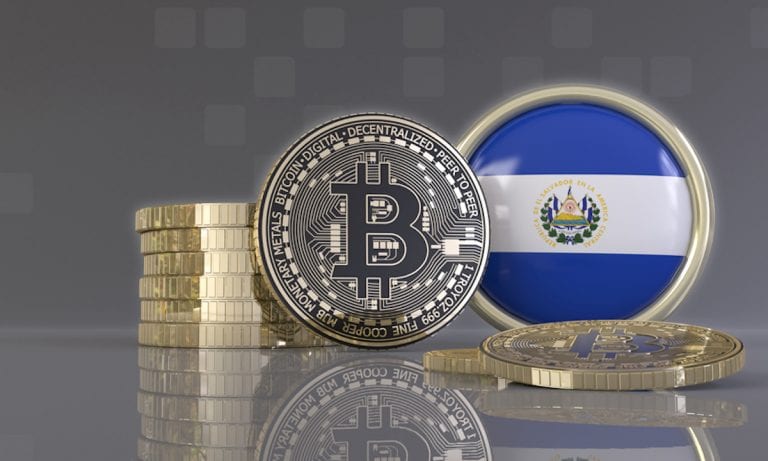Amidst economic challenges and policy turbulence faced last year, El Salvador’s international bonds have demonstrated remarkable resilience, yielding a remarkable 60% return in the first half of 2023. The country’s international bonds experienced a significant setback in July 2022 due to tensions with Washington and uncertainties surrounding the acceptance of Bitcoin as legal tender, leading to a decline in value to just 25% of their original worth.
However, the situation took a positive turn in H1 2023 when El Salvador conducted two unanticipated debt buybacks, effectively easing the country’s payment obligations until 2027. This strategic move, coupled with the appointment of Alejandro Werner, a former IMF official, as an advisor to the finance ministry, garnered positive investor sentiment.
The involvement of Alejandro Werner reignited hopes for a potential IMF deal and brought the prospect of more structured policy-making into focus. Consequently, the value of bonds due in 2025 surged from approximately $0.27 a year ago to their current trading price of $0.89.
Recent data also indicates a steady increase in Salvadoran bond prices, with the 2041 bond rising to $0.60, offering yields between 14% and 18%. These bonds have emerged as the best-performing sovereign bonds in the first half of the year, delivering total returns approaching 60%.
Aaron Stern from Converium Capital in Montreal emphasized that the bond prices in El Salvador during the summer did not accurately reflect the actual situation. Market concerns centered around the government’s ability to fulfill its responsibilities. Stern pointed out that El Salvador’s bonds now present a competitive value when compared to several high-priced bonds in emerging markets.
According to Shamaila Khan from UBS Asset Management, President Nayib Bukele’s administration has made continued access to the market a priority, a crucial consideration given El Salvador’s dollarized economy.
In a positive trend, El Salvador’s debt-to-output ratio decreased to 77% by December 2022, the lowest since 2019. Projections suggest a further decrease this year, followed by a slight uptick to 78% in 2024. Moreover, the total public debt declined from $25.4 billion at the end of 2022 to $19.7 billion in May 2023.
Overall, El Salvador’s international bonds have demonstrated resilience and solid growth, instilling confidence in investors and the global financial community. The government’s prudent financial management and strategic policy decisions have contributed to this promising rebound.





